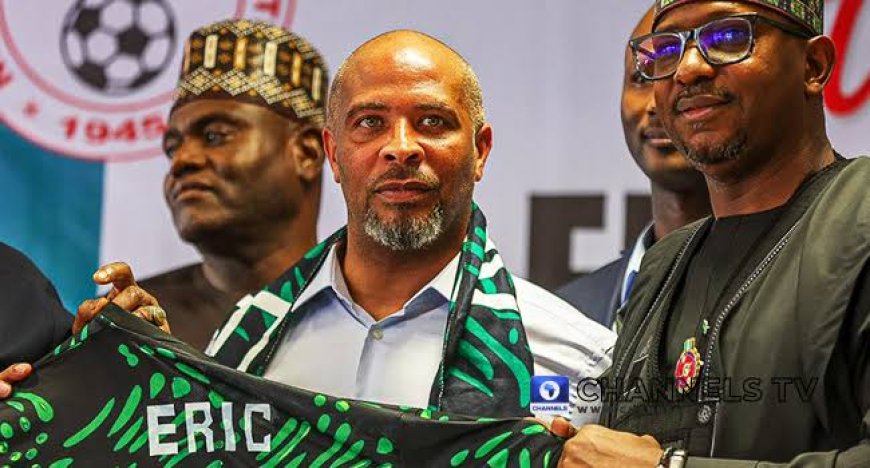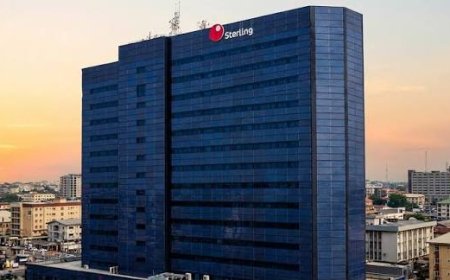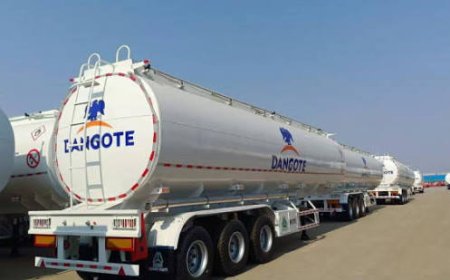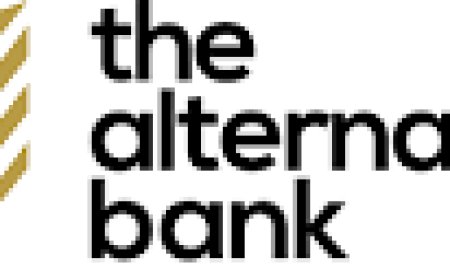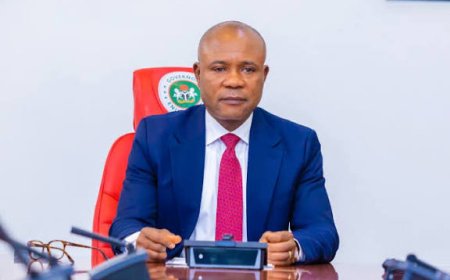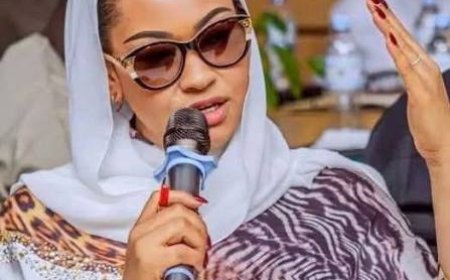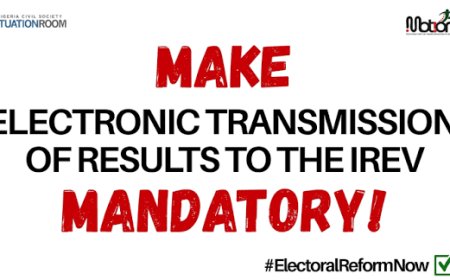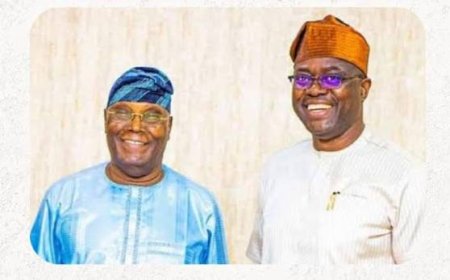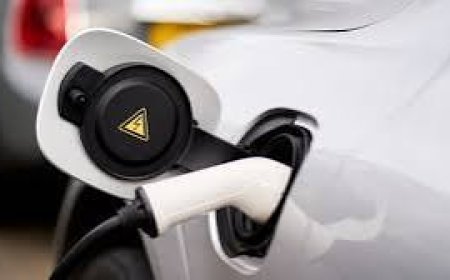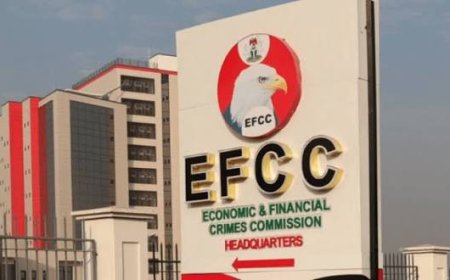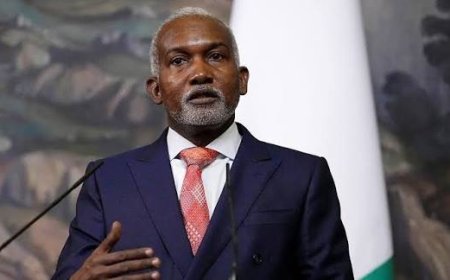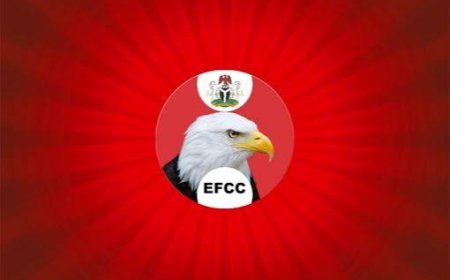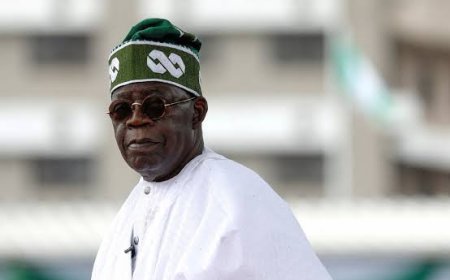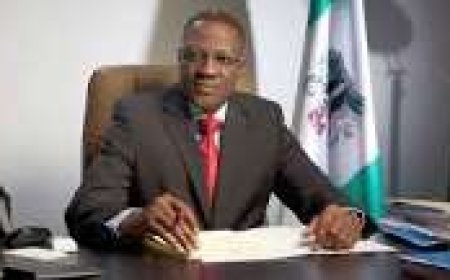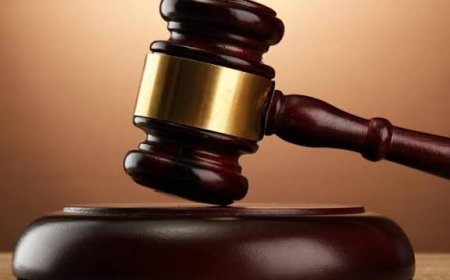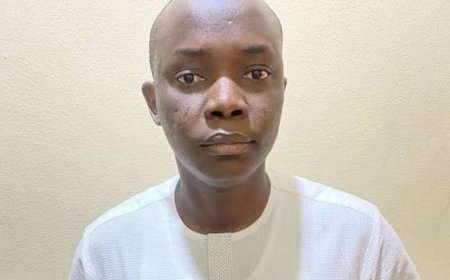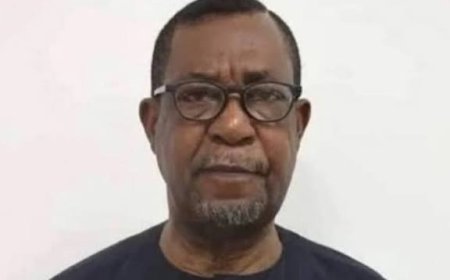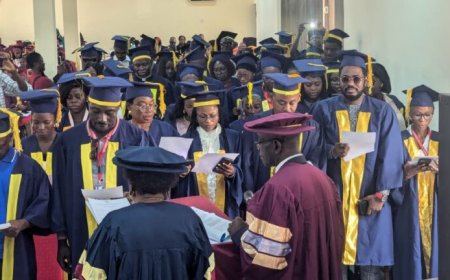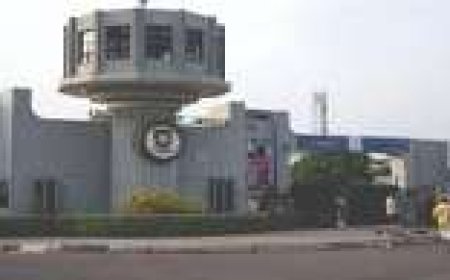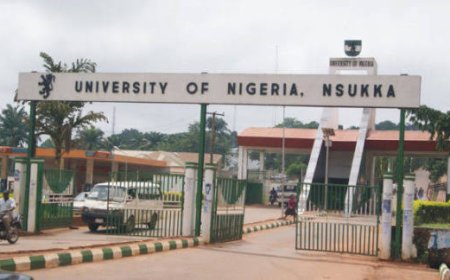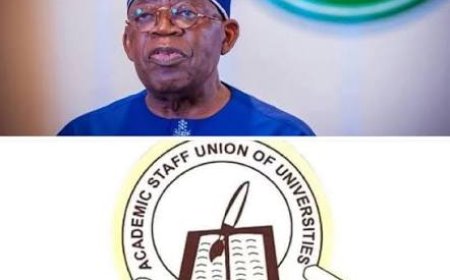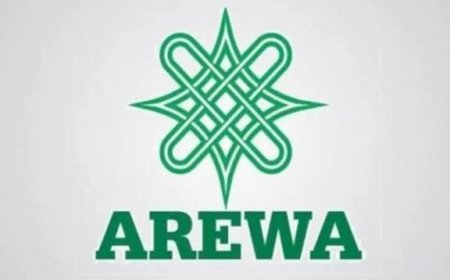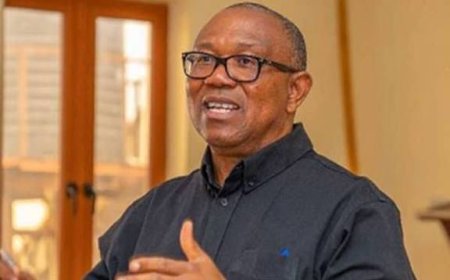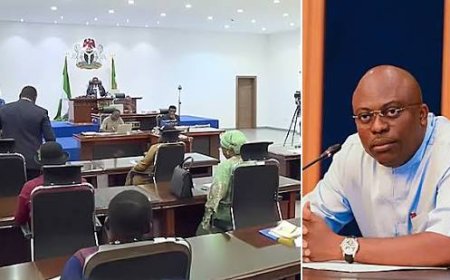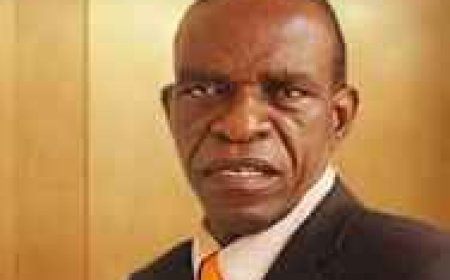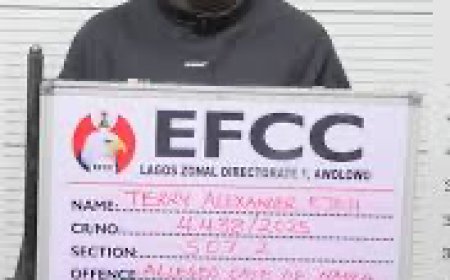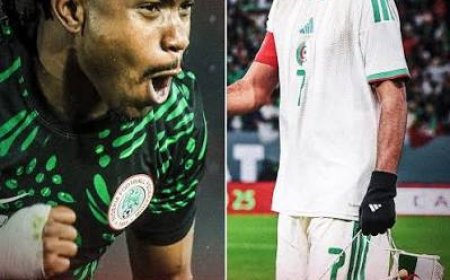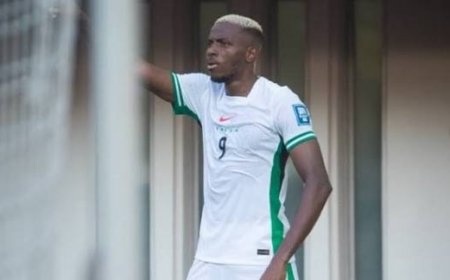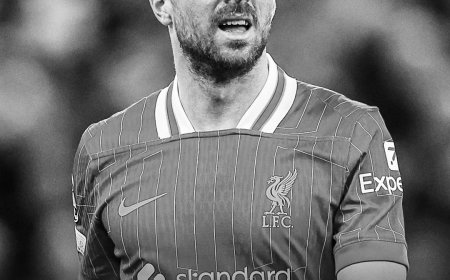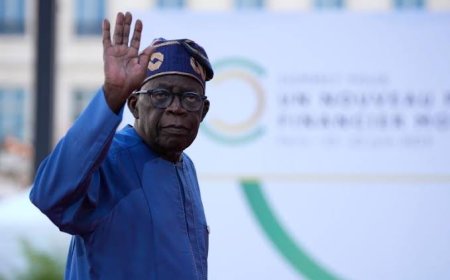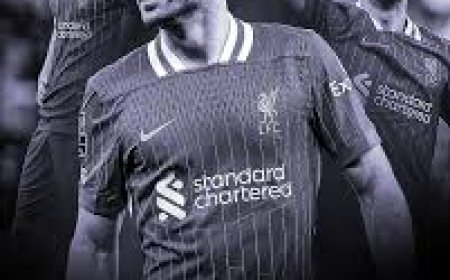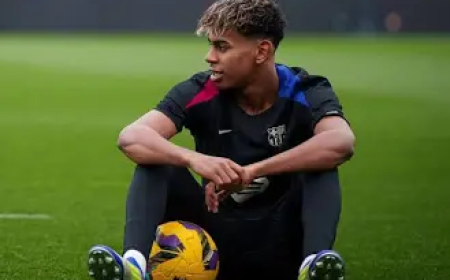By Ikeddy ISIGUZO
BURKINABE military leader Captain Ibrahim Traore was the star attraction at Tuesday's inauguration of Ghana's President John Mahama. Dressed in a military attire, Traore had a holstered pistol at his waist. He was widely cheered in his show that analysts rightly concluded was an affront on democracy and a defiance of ECOWAS’ stance that military administrations should give way to elected governments.
At the event where wild applauses greeted Traore was President Bola Ahmed Tinubu, also President of ECOWAS, that in July 2023 issued orders to the military government in Niger Republic to leave within seven days. ECOWAS was reportedly mobilising a military intervention to restore civil rule in Niger Republic. ECOWAS imposed sanctions limiting trade and communication with Niger Republic, but these have been lifted.
Burkina Faso and Mali, Niger Republic's immediate neighbours, ensured that the sanctions did not work.
“Visible weapon by a (Head of State) at such an important event, although seen as an assertion of power could also be a symbol of intimidation and raises concerns about... how we enforce our security laws internally,” a Ghanaian analyst Barnabas Nii Laryea wrote on Facebook. “This was insanely dangerous thing to do. It's not about trust. For national security reasons, this was very reckless and shouldn't be allowed again,” Seth Dough, a Ghanaian lawyer, posted on X.
Burkina Faso, Mali, and Niger Republic are all under military rule after a string of successful coups, Mali (2021), Burkina Faso (2022), and Niger Republic (2024). On 6 July 2024 they formed the Alliance of Sahel States, a confederation. It is against neo-colonialism in Africa and the world. It also disagrees with French and ECOWAS policies, deeming them contrary to the interests of the Alliance.
ECOWAS was concerned that if the three French-speaking countries succeeded they may entice the military in other ECOWAS States to join their agenda. Some former French colonies in West Africa are buying into the agenda of the three countries that would leave ECOWAS in a matter of weeks.
A more global concern was the presence of Russian mercenaries in Mali. The French forces that were fighting terrorists in the Sahel were driven away by Mali. The Russians replaced the French and are believed to be harvesting the mineral resources and influence that were once France’s. Assimi Goïta, interim President of Mali, is the actual leader of the Alliance as his coup appears to have set off the others.
Traore knew what he was doing when he turned up in Accra in miliary gears, and armed. His manner of attendance spoke of war, power, military rule as the counterpoint to civilian governments. He was representing the Alliance of Sahel States as the only Head of Government that was present. The Prime Minister represented Mali.
For the Burkinabe leader, Accra was a grand farewell to ECOWAS. There were “two regional leaders in Accra”, Tinubu and Traore. If ECOWAS wants peace, the Alliance was ready – and also prepared for war. Tinubu took all these in. Nigeria’s commitment to ECOWAS is high. Beside hosting the headquarters, Nigeria last month cleared 19-year outstanding obligations of N85 billion and $54 million which included part of 2024 dues.
Former French colonies in ECOWAS are sympathetic to the Alliance’s grievances. Cote d’Ivoire, once a bastion of French interests, is with Burkina Faso. Ivorian President Alassane Dramane Ouattara is originally from Burkina Faso and his interests in France have waned. Guinea is a perennial enemy of France. The French stripped Guinea of every moveable asset before its independence in 1958.
Senegal, and Chad, Nigeria’s north eastern neighbour, where they share the Lake Chad, have similar views with the Alliance. Chad is not renewing its defence pact with France, and like Senegal has spoken in strong terms against French troops on African soil.
Chad needs Niger’s cooperation to fight Boko Haram. The Alliance is willing to help. Chad while breaking up with France lamented that France did not assist its troops when 40 of them died in a Boko Haram attack.
The departure of the three-member Alliance from ECOWAS on 29 January 2025 is only 17 days away. President Tinubu would bear the infamy of the one under who ECOWAS that would be 50 on 28 May - a day to Tinubu’s second year in office - disintegrated. What a record!
Tinubu’s heightening relationships with France transverse trade, defence, and a pointed attention on mining of solid minerals which Mali, Chad and Niger Republic once provided for France.
In fairness to Tinubu, he inherited ECOWAS’ 15-member bloc that started degrading with the departure of Mauritania in December 2000. It gave no reason. Some say that the increasing signing of protocols that involved members in the internal affairs of others inconvenienced Mauritania. One such policy could be the proposed regional currency.
The intensity of Tinubu’s chumminess with France has made him an impartial arbiter in ECOWAS. But for the Atlantic Ocean on our southern border, Nigeria is entirely surrounded by French-speaking countries, who also dominate the numbers in ECOWAS - Republic of Benin, Ghana, Burkina Faso, Cape Verde, Guinea, Guinea-Bissau, Cote d’Ivoire, Liberia, Mali, Gambia, Niger, Nigeria, Senegal, Sierra Leone and Togo. The question is how much longer would the other five remain in ECOWAS.
Cape Verde and Guinea-Bissau though Portuguese-speaking, are too close to Senegal that they too have French-speaking tendencies.
The English-speaking countries are not much different. The Gambia depends on Senegal’s port in Dakar for imports, some of which go all the way to Burkina Faso, Mali, and parts of Niger Republic. Ghana is interested in the security of its northern border which it cannot protect without great relations with Burkina Faso. Was that what informed Traore's Accra performance?
An ignored power bloc in ECOWAS is the 52-year-old Mano River Union that preceded ECOWAS. It joined Guinea, Liberia, Cote d’Ivoire, and Sierra Leone to explore the economic benefits of the 320-kilometre Mano River that originates from the Guinea Highlands in Liberia. Finances and the long wars in Liberia and Sierra Leone slowed down the Union but it is still flowing.
On the same Tuesday that Traore was embarrassing Tinubu in Accra, the Nigeria Football Federation, NFF, was making one of the most thoughtless decisions in Nigeria’s football history, by appointing former Malian coach, Éric Sékou Chelle, as Head Coach of the Super Eagles. His coaching abilities are too vacuous to merit an examination.
A Malian to manage a major national asset at the peak of the international row with Mali over ECOWAS?
We assume that security agencies, and the Foreign Ministry are involved in screening foreigners appointed at this level. Is it possible that nobody noticed that Chelle is from Mali which with Burkina Faso and Niger Republic have been exceptionally hostile to Nigeria since 2023?
Whoever engaged Chelle is embarrassing the President, if not Nigeria.
Finally...
PRESIDENT Tinubu is on his third trip to UAE in 17 months. Is that not too many trips to one country?
THE National Assembly needs to over-sight the $52.88 million Nigeria has just received from the US as “recovered assets”. The Attorney-General of the Federation and Minister of Justice, Lateef Fagbemi has explained that $50m of the money would be deployed through the World Bank for rural electrification. He said the remaining $2m would be used by the International Institute of Justice to expand the justice system and combat corruption. Who decided that? And the remaining $.88m is obviously too small to deserve accounting?
WHY are we praising the Federal Government for establishing five more aviation schools when it cannot finance one school?
ISIGUZO is a major commentator on minor issues
